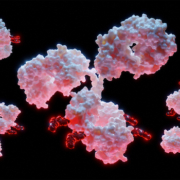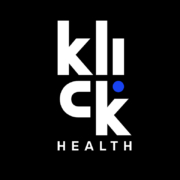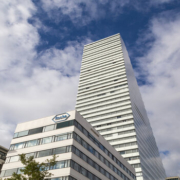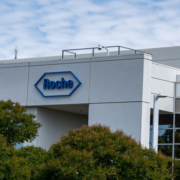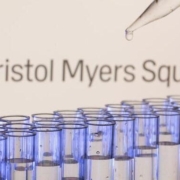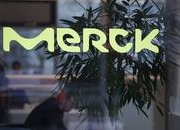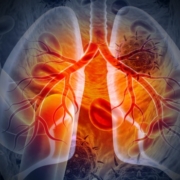The companies presented data from two pivotal studies of Dato-DXd, focusing on safety concerns and survival data for the investigational antibody-drug conjugate candidate in lung and breast cancer.
The coming decades could see an astounding transformation in drug discovery due to AI. But experts say it’s critical to deal now with potential ethical and social justice landmines that may be encountered on the way to this new era.
Klick Labs scientists discover voice tech as potential game changer in Type 2 diabetes detection.
The three drug candidates to be developed with Merck belong to the class known as antibody drug conjugates (ADC) and are in various stages of clinical development for the treatment of multiple solid cancer tumors.
A pill for dengue fever developed by Johnson & Johnson (JNJ.N) appeared to protect against a form of the virus in a handful of patients in a small human challenge trial in the United States, according to data presented by the company.
The pipeline culling comes as Roche sustains a slight dip in sales. From January to September 2023, the pharma group made over $49 billion, compared with $52.48 billion during the same period in 2022.
Early stage ALK-positive non-small cell lung cancer patients treated with Roche’s Alecensa saw an “unprecedented” 76% drop in the risk of recurrence or death, the company announced.
The new formulation of the drug that was tested in the trial used Halozyme Therapeutics’ (HALO.O) proprietary technology, which allows large volumes of Opdivo, currently administered intravenously, to be delivered as an injection under the skin.
The company’s CEO said its experimental multiple sclerosis drug can be a “blockbuster”, an industry term for annual sales that exceed $1 billion, even after concerns emerged that the drug may cause liver damage.
The abstracts, made available Tuesday ahead of the European Society for Medical Oncology Congress 2023, show strong efficacy data from some promising non-small cell lung cancer treatments.

